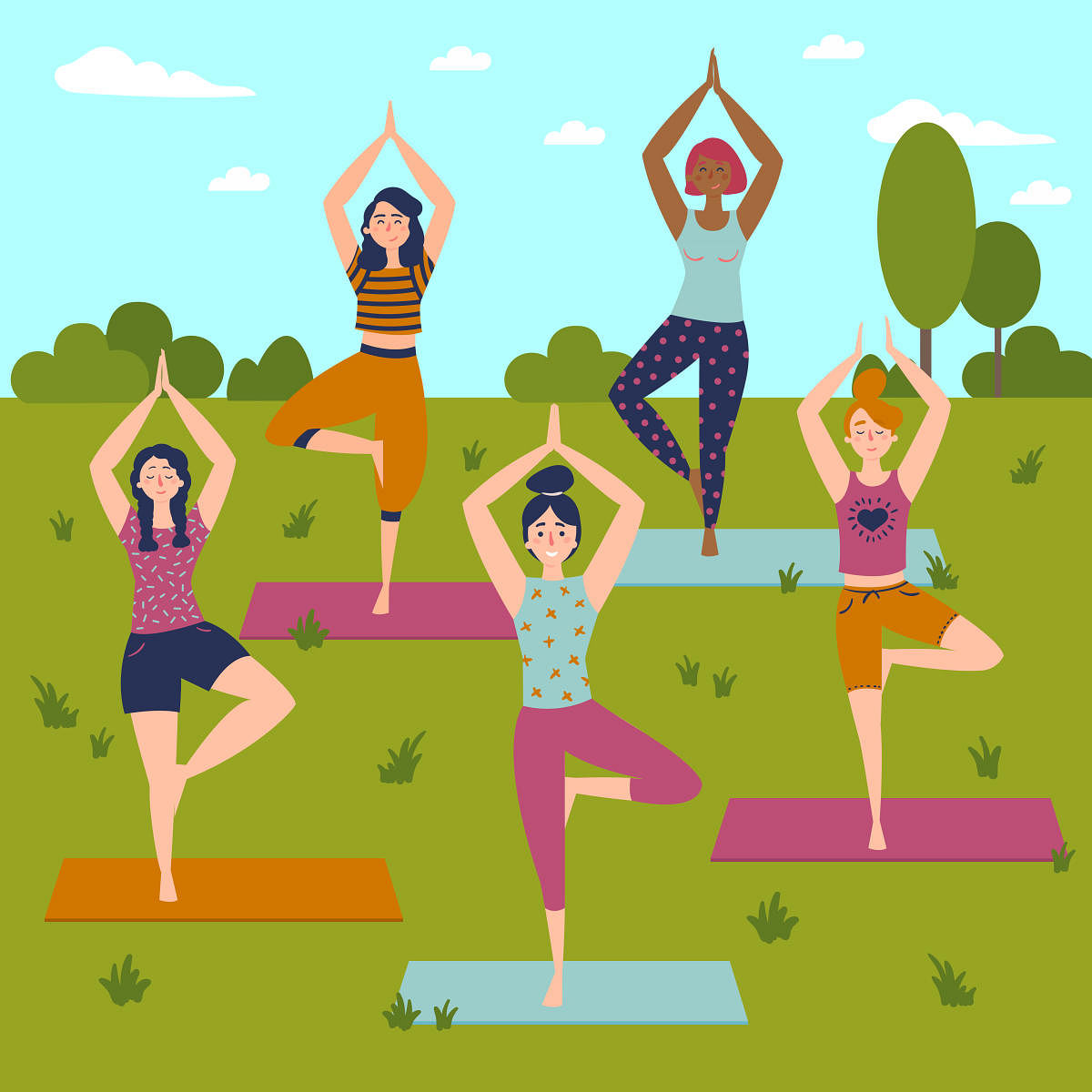
There’s a chill in the air, the winter flowers are in full bloom, turning every corner into a bouquet of bright colours, days are shorter; winter is here. We feel like snuggling deeper under the covers, hot breakfasts are de rigueur and out come our mittens and monkey caps. This weather also brings with it stiff joints and muscles, chapped lips and heels. Hands and feet seem forever cold. Everyone is down with a fever or the flu. The sounds of coughs and sore throats are everywhere. Old injuries flare up again.
It’s true, during winter, the blood circulation is slower, so you feel cold. Lethargy sets in, so the joints and muscles are stiffer. This, in turn, leads to an increased risk of physical injury. The immunity also slows down, which is why we are more susceptible to colds and other sicknesses.
During winters, it is important to get more sleep. According to Ayurveda, your body needs extra rest during the winters to rejuvenate and renew itself. Winter days are shorter and it is recommended to sleep soon after the sun sets and wake up soon after it has risen. The human body is in sync with the cycles of the sun. As it gets dark, the melatonin secretion in a healthy and balanced body increases. Melatonin is a hormone produced by the pineal gland and signals to our body that it is time to sleep. Getting adequate rest is essential for the body to remain healthy, especially during the long, cold days of winter.
Warm & comforting
Let food be thy medicine. This adage is, perhaps, more important during the winter season than any other time. Spices such as turmeric, black pepper, ginger, garlic and cinnamon generate body heat and strengthen the body from the inside. Amongst other things, these spices contain antioxidants and have infection-fighting properties which make them vital in your winter cuisine. Use these spices in your tea, sambars and dals or even salads to make the most of their healing properties.
During the winters, it is easy to forget to drink water as you tend to feel less thirsty. Our consumption of diuretics such as teas and coffees increase while consumption of plain water decreases. Diuretics are substances that cause water and essential salts to be expelled by the body through urine. Diuretics do have medicinal uses, but in our daily lives, we need to be cognizant of what food and drink can cause our body to lose water and dehydrate.
When cells dehydrate, it is very evident in our skin and hair, they become dull and lifeless. You will feel sluggish, slow and lethargic. Drink at least two litres of lukewarm water every day. Add some lemon and grated ginger to the water to increase its immunity-boosting properties.
Winters are an excellent time to enjoy snacking on dry fruits such as walnuts, almonds and dates. The healthy fats found in these keep muscles and joints lubricated so you are less prone to injuries. Healthy fats actually help in weight loss, decrease the risk of heart disease and diabetes and are a boon for hair and skin. Skin becomes supple and glowing and hair becomes healthier.
The power of yoga
The mood-lifting properties of yoga are undisputed. Yogasanas tone and massage the internal glands of the body, which secrete ‘happy’ hormones such as endorphins. Endorphins keep you healthy and happy. Add yoga to your routine at least three times a week. A good yoga class will focus on heat-generating asanas such as standing asanas, backbends and inversions that will keep the body warm naturally. If done in the proper way, yogasanas stimulate the chakras of the body, helping keep it balanced and in vibrant health.
An essential component of most yoga classes is doing the suryanamaskars. Doing the sun salutations increases your blood circulation, which, in turn, increases body heat and keeps you warm the entire day. Once your body is heated up, it can fight infections and keep illnesses more easily. Only a few rounds of suryanamaskars are enough to gain the benefits.
Along with suryanamaskars, a daily practice of pranayama will help keep your immunity high. Pranayama is the aspect of yoga that uses breath to improve your health. Breath control is an excellent way of getting more oxygen into your system. When fresh oxygen is available to the system, blood is purified. Clean blood takes nutrients and oxygen to tissues more readily and eliminates metabolic waste. Pranayamas like bhastrika and kapalbhati are great to generate heat and keep you feeling warm and cosy as you enjoy the cold weather.
Goodness of massages
From time immemorial we have indulged in weekly massages in India. From newborns to new mothers to athletes to senior citizens... everyone has experienced the benefits of massages. Incorporate self-massage into your daily routine. Self-massage is known as abhiyangam in Ayurveda. It is a boon for sore muscles and aching joints. Regular self-massage stimulates blood flow to the muscles and joints, which helps in faster regenerating and healing.
In addition to this, massages help in detoxing the body so your skin and hair also become healthier. The best oils to use for self-massage in the winters are cold-pressed sesame or mustard oil. These oils have warming properties which relax tired and sore muscles. Heat a little oil and rub it into your skin and hair before you shower. This will also help in combating dry skin and hair. Of course, regular massages by a trained masseuse are also great!
Don’t let this winter season wreak havoc on your health. Take a few measures to stay in control of your health and enjoy the winter season.